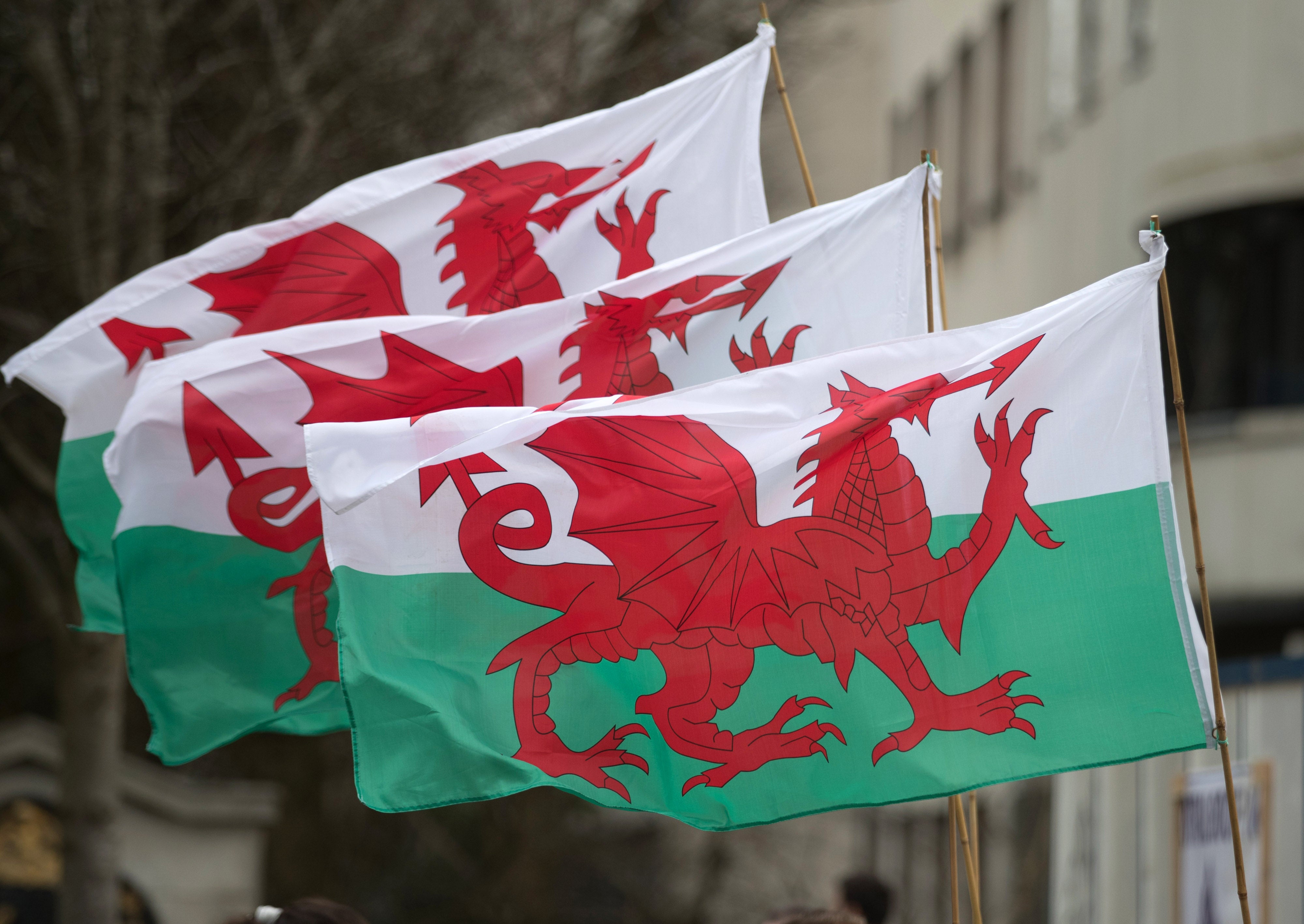Highest ever support for Welsh independence, new poll shows
Nearly 40% of people in Wales are in favour of independence, survey suggests

Record-breaking numbers of people in Wales are in favour of independence, a new poll suggests.
Conducted for ITV News Tonight by Savanta ComRes, the new survey found just under 40 per cent of Welsh citizens to be in favour of separating from the UK, representing the highest levels of support for Welsh independence ever recorded.
With 39 per cent of participants favouring independence, with the exclusion of “don’t know” answers, the poll found that one in three residents would support a referendum on the issue in the next 10 years.
With the Welsh having voted Leave, Brexit is unlikely to be a driving factor. A host of other push factors, however, have been named, including the rise of young voters who have grown up under devolution, a deepening sense of Welsh identity and the coronavirus pandemic.
In July, Plaid Cymru’s leader branded the pandemic a “game-changer” in the argument for separating from the UK.
Speaking with the Press Association back in July, Adam Price said a new “national consciousness” had been growing in response to the Welsh government’s handling of the pandemic, compared with the British government’s.
“I think that it’s caused many more people again to question the future for Wales as a nation, whether we’re actually better placed to make decisions for ourselves,” he said at the time.
Meanwhile, Prime Minister Boris Johnson has also faced criticism for deepening divisions, with Peter Hain, the former Labour secretary of state for Wales and Neath MP, suggesting that the poll’s findings should be a wake-up call for the PM.
“This is a grim warning to Boris Johnson that his cavalier hostility to Wales’ democratic rights and parliament risks tearing the UK apart,” Mr Hain told The Guardian in a statement.
“He has single-handedly transformed derisory levels of independence support into a threatening one.”
Mick Antoniw, a Labour member of the Welsh parliament, who has been a proponent of a new “radical federalism” for the UK, shared similar sentiments, telling the newspaper: “There is no doubt that more and more people in Wales want change in our relationship with Westminster.”
For years, support for Welsh independence had hovered at around 10 per cent. However, in more recent years, that share has only continued to rise.
In a statement sent to The Independent, a UK government spokesperson said the prime minister “remains fully committed to strengthening and levelling up all parts of the country by empowering local communities and reforming central government.”
“He has been clear that all parts of the UK are stronger together and he will always stand against those trying to separate the United Kingdom,” they said.
“The United Kingdom is the most successful political and economic union the world has ever seen, and this pandemic and our collective response, from the furlough scheme to vaccine procurement and the backing of our military personnel, has shown that we are at our strongest when we work together towards a common goal,” the spokesperson asserted.
“Now more than ever, people want to see the UK Government and the devolved administrations working together to protect lives and livelihoods across our country”,” they said.
One political scientist told ITV that many in Wales would be watching to see what happens in Scotland.
“If there’s going to be a drive for Scottish Independence, I don’t think there’s the appetite for us here in Wales being left with a kind of rump of the UK,” Professor Laura McAllister from the University of Cardiff told the broadcaster.
“I think that would probably be the greatest propellant towards independence Wales could ever have,” she said.
In the same survey, 53 per cent of Scots suggested they would be in favour of leaving of the UK, with 71 per cent saying they believe the country would be better off on its own.
Meanwhile, 43 per cent of people in Northern Ireland said they would vote in favour of unifying with the Republic of Ireland, with 72 per cent giving the reasoning that the country is historically Irish.
The survey, which was conducted between 18-22 February, saw 1,008 Scottish adults aged 16 and above surveyed, along with 1,003 Welsh adults and 510 Northern Irish adults.
This article has been updated with a statement from the UK Government.
Join our commenting forum
Join thought-provoking conversations, follow other Independent readers and see their replies
Comments
Bookmark popover
Removed from bookmarks